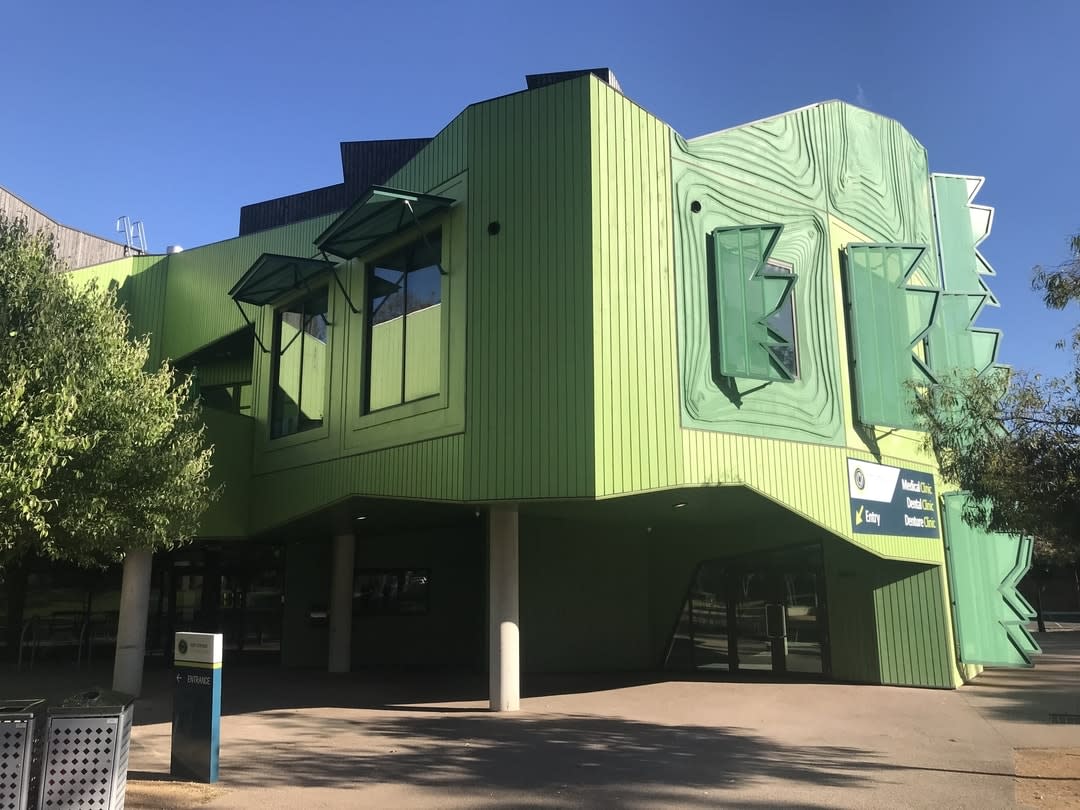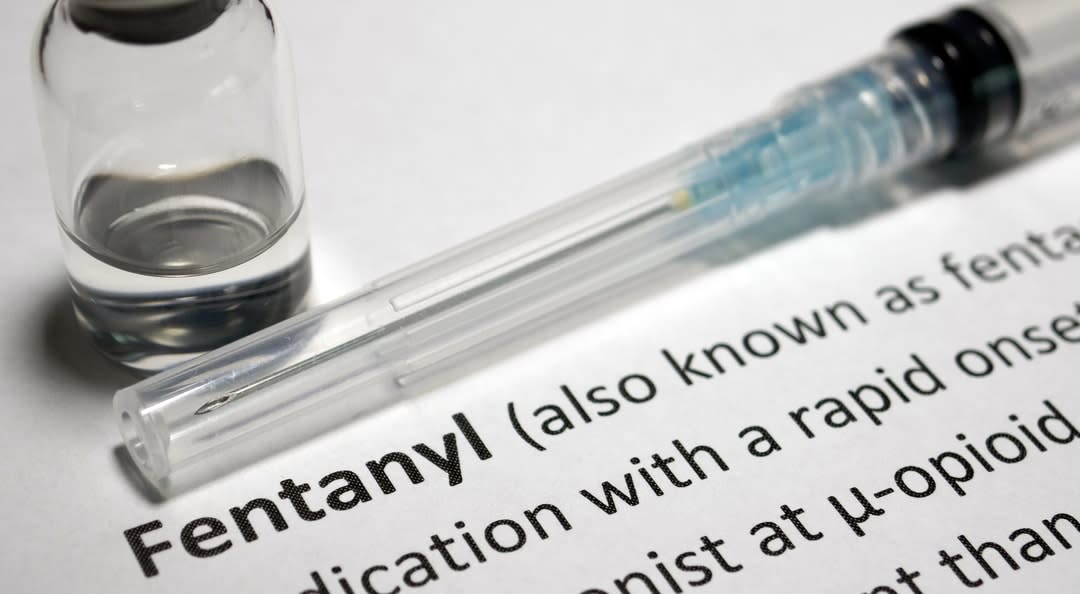
The Melbourne supervised injecting room (MSIR) hit the headlines this week, with reports that two individuals linked to the North Richmond Community Health centre – which houses the service – had been arrested. One was reportedly charged with drug offences and later released on bail, while a second person was released without charge.
Unfortunately, some initial reporting was inaccurate. The Age initially reported that the staff worked at MSIR, before issuing a correction. By then, however, concerns about the long-term viability of the service had begun to be raised. Reporting of the arrests resulted in some calls to close the service, some suggestions it should be moved, and a claim by City of Yarra councillor Stephen Jolly that the site had become "toxic", meaning that some change was inevitable.
It's important to note that many have also spoken out in support of the service this week, including Dr Hester Wilson, chair of the specific interests addiction medicine network at the Royal Australian College of General Practitioners. And another residents group maintained its longstanding support for the service.
Of course, people who use the service are members of the community, too, but we don't get to hear from them. This is likely due to a combination of factors, including the criminalisation of drugs, and the persistence of stigma associated with drug use.
Without these vital personal perspectives, it can be easy to lose sight about who the service is designed for and what it means for the people it serves. This may even create an impression that the interests of some citizens matter more than others.
It's vital to reflect, therefore, on why the service exists, and what we know about the impact it's having against its original objectives.
The results so far
The MSIR opened in July 2018, and is only the second supervised injecting facility in Australia. The other is located in King’s Cross, Sydney, and is known as the Medically Supervised Injecting Centre. There are more than 100 such facilities around the world.

The legislation establishing the MSIR requires it to be evaluated after its first two years. Highly respected drug expert Professor Margaret Hamilton AO is overseeing the evaluation, and we can expect those results to be made public in late 2020.
Importantly, the law establishing MSIR outlines several objectives for the service. They include reducing the number of avoidable deaths and harms caused by overdoses, and providing a gateway into other forms of health and social assistance.
This might include drug treatment for those who want it, but may involve other social supports such as access to housing and employment services, healthcare and mental health treatment.
The legislation also aims to improve the amenity of the neighbourhood. Some of those who have raised concerns about the service are concerned about an apparent increase in visibility of public injecting in the area. They may argue that the service is not yet meeting one of the stated objectives.
Emerging evidence on the other objectives shows clear benefits of the service, however. Earlier this month, data detailing the first year of operations at MSIR were publicly released. These data received far less media attention than the arrests, but paint a picture of the service fulfilling its legislative obligations. In its first year of operation, there were:
- 2908 registered clients using the service
- 61,823 visits including a supervised injection
- 1232 overdoses safely managed by staff inside the MSIR.
The North Richmond Community Health service also reported that it had offered 5082 on-site services to registered clients. These included health promotion services and various forms of health and social support. There were also 1393 referrals to co-located services and clinics, and external services.
This provides a gateway to supports including alcohol and other drug treatment, primary care, oral health, blood-borne virus treatment, mental health support, housing and homelessness services, and legal support. There's no reason to expect that these trends will not continue into the second year of the trial.
Unfortunately, critical reactions such as those we have seen this past week can introduce new problems and risks, and may risk lives.
These results shouldn't surprise us. They correspond with international evidence that consistently shows that supervised injecting rooms generate significant health, social and economic benefits. We also know, perhaps most importantly, that these facilities save lives. Although we might have hoped for the prevention of overdoses, these early results are a genuine testament to the work of all those at the MSIR.

The work of the service also comes at a critical time. Canada and the United States are undergoing an almost unprecedented drug overdose crisis. In 2017, more than 70,000 Americans died of overdose, and 12,800 Canadians have died in the past three years. In part, this is because fentanyl – a synthetic pain medicine approximately 100 times more potent than heroin – has entered the illicit drug market. The scale of the overdose crisis in both of those countries is so severe that it's contributed to an overall reduction in life expectancy. This is a phenomenon normally only seen during times of war.
Although Australia has managed to avoid an overdose crisis on a similar scale to this point, experts have warned against becoming complacent. Recent data shows there were 1795 ‘'drug-induced deaths'’ in 2017 – up from 1045 people the year before.
Read more: Opioids where to from here?
It bears repeating in this context that MSIR alone safely managed 1232 overdoses in its first year. This gives us a sense of just one of the ways the service is making a vital contribution to the Australian community. It appears to be fulfilling its most vital legislative mission.
Unfortunately, critical reactions such as those we have seen this past week can introduce new problems and risks, and may risk lives. They overlook the vital work that MSIR is doing. Moreover, it would be unrealistic to expect one service to solve all forms of harm that can be associated with drug use. If anything, we need more services of this kind, not fewer.
Those reporting on the charges or discussing the case (including on social media) must also be careful not to prejudice the accuseds' right to a presumption of innocence and to a fair trial. Any suggestion that the viability of MSIR has been thrown into question is thus premature, and represents a fundamental misunderstanding of the nature and work of this vital, life-saving service.
Find out more about this topic and study opportunities at the Graduate Study Expo





